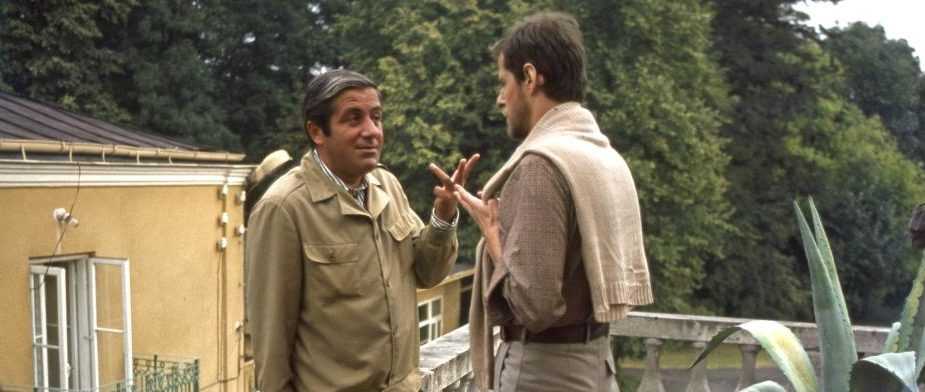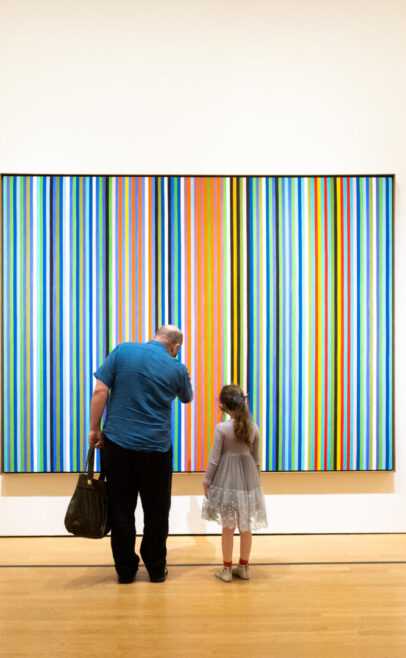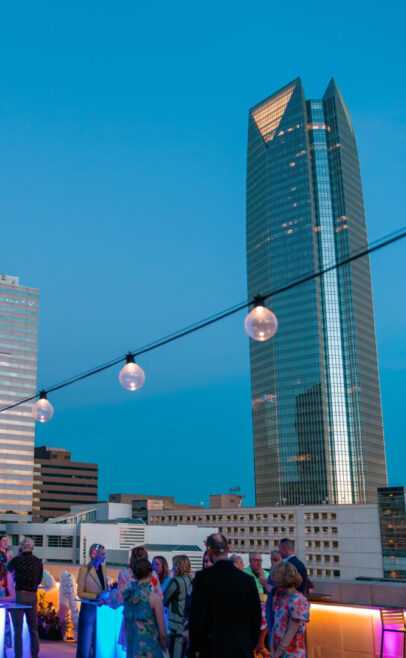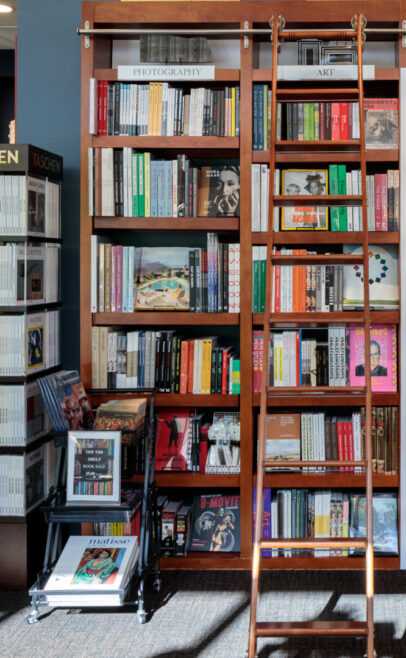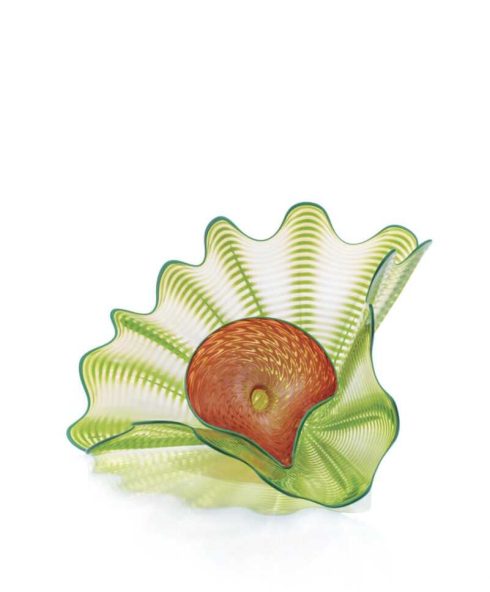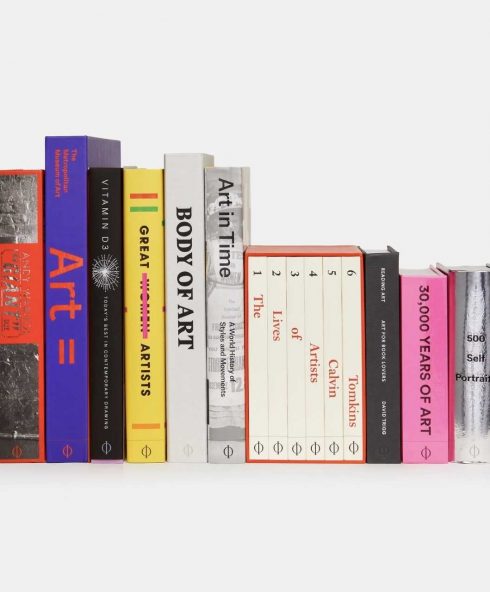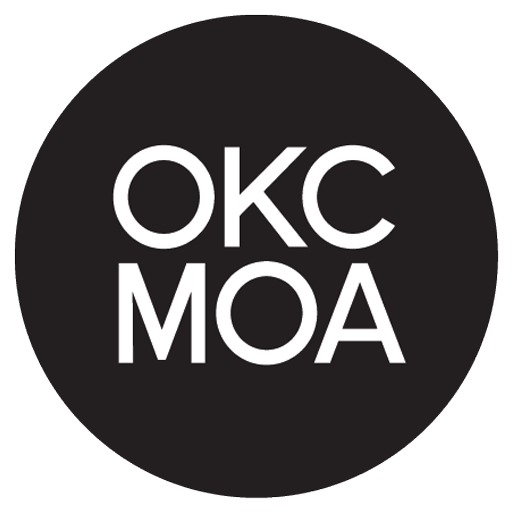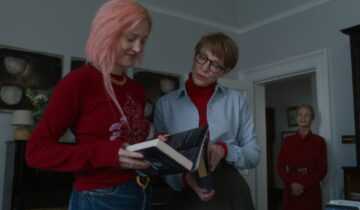Writer-director Krzysztof Zanussi’s Camouflage (1977), which screened as part of the second and final weekend of Martin Scorsese Presents: Masterpieces of Polish Cinema, represented one of the unequivocal highlights of the Scorsese-curated series, offering damning, darkly comedic insight into the petty machinations of the sotic state. Made in a moment of increased political courage in the Polish film industry, not coincidentally on the cusp of Solidarity (in 1980), Camouflage is set in an academic summer camp, where upper-level linguistics students deliver papers to a professorial jury. At the film’s center is the highly contentious relationship between two of the jurors, Jaroslaw (Piotr Garlicki), an idealistic Ph.D. candidate, and Jakub (Zbigniew Zapasiewicz), a cynical and duplicitous middle-aged member of the faculty, who continuously picks away at his younger colleague. Jakub tests the naive Jaroslaw, inventing stories out of whole cloth (such as his fabrication that the corpulent Vice Dean plagiarized his dissertation). Whatever his motives may be for these small-minded manipulations, elsewhere Jakub reveals his desire to humiliate, whether he prods another colleague into singing out-of-key for a faculty dinner or whether instead he rubs Jakub’s nose in a sexy coed’s choice of an unexceptional young man. Taken in their totality, Jakub’s exercises of power serve to break down the promising academic, leading to a final act crack up that parallels that of another linguistics student.
The moral, as it is stated early on, is that the work doesn’t matter much in this world. What does matter, rather, is who produced the work – something that doesn’t seem too unfamiliar to the present state of the American academy (forged, ironically, out of the vary protests and shifting power dynamics that are referred to by the film’s western students). Expanding the film’s reach beyond the microcosmic world of academia – a cultural universe to which Zanussi returns as much as any director; he is one of the greatest directors of the university lecture hall – Camouflage lays bare the mechanisms of the authoritarian Polish state, as a political apparatus constructed for the twin purposes of self-preservation and to benefit a powerful ruling class that ostensibly speaks in the name of the oppressed. Openness and intellectual curiosity and daring bring about madness in this sly and effective challenge to and critique of Polish institutions, an examination that reveals the ideological cracks in a dam that soon would burst open with the rise of Solidarity and the free trade-union movement.
Visually, Camouflage relies on two techniques: documentary-style hand-held framing of movement and larger groups, and shot/reverse-shot set-ups of conversing parties. Though both are extremely conventional strategies, the former skillfully serves to capture the sense of unrest, of discontent that is bubbling up within the film’s younger, increasingly westernized generation; while the use of shot/reverse emphasizes the dialogue that the film’s academic and political institutions seek to silence. As familiar as both may be, they are in their own minor ways figures of protest for a film, banned immediately upon its premiere, which identifies the conditions for the political change that soon would come to the nation. Small though it might be, Camouflage is one of director Zanussi’s masterpieces, a work where form fully serves content, and where the filmmaker’s preoccupations fuse with the spirit of its unstable age.
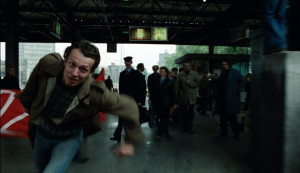 A product of the moment that Camouflage prefigures, and a victim of censorship in the period of suppression that quickly followed it, Krzysztof Kieślowski’s Blind Chance (1981; released in 1987) is a clandestine object of Polish history, referencing the 1956 Poznań protests in its own treatment of pre-Solidarity and Solidarity-era Poland. In Blind Chance, political commitment, like religious conviction or romantic partnership, is shown to be the product of random forces, of the very “blind chance” that the film’s title highlights. If this were not enough to undermine the rationale for som’s historical determinism in particular, Kieślowski doubles down on som’s core, practical deficiencies, revealing again how power is used as a weapon against the ideological faction’s principled enemies. Though the paths of anti-communism and apolitical life also bring tragedy for the film’s hero Witek (Boguslaw Linda), in these instances it is, respectively, his momentary lack of vigilance and the random operation of fate, not the corruption of the system, which militates against Witek’s future happiness. Under the communist system, Kieślowski’s forking path narrative tells us, all roads lead to tragedy.
A product of the moment that Camouflage prefigures, and a victim of censorship in the period of suppression that quickly followed it, Krzysztof Kieślowski’s Blind Chance (1981; released in 1987) is a clandestine object of Polish history, referencing the 1956 Poznań protests in its own treatment of pre-Solidarity and Solidarity-era Poland. In Blind Chance, political commitment, like religious conviction or romantic partnership, is shown to be the product of random forces, of the very “blind chance” that the film’s title highlights. If this were not enough to undermine the rationale for som’s historical determinism in particular, Kieślowski doubles down on som’s core, practical deficiencies, revealing again how power is used as a weapon against the ideological faction’s principled enemies. Though the paths of anti-communism and apolitical life also bring tragedy for the film’s hero Witek (Boguslaw Linda), in these instances it is, respectively, his momentary lack of vigilance and the random operation of fate, not the corruption of the system, which militates against Witek’s future happiness. Under the communist system, Kieślowski’s forking path narrative tells us, all roads lead to tragedy.
Unseen for more than a half decade, Blind Chance retrospectively emerges, after a film in Camera Buff (1979) that most closely attends to his documentary background, as the thematic, structural and stylistic breakthrough in Kieślowski’s extraordinary body-of-work, a career that is best known for such internationally acclaimed masterworks as The Decalogue (1988), The Double Life of Veronique (1991) and the “Three Colors trilogy” (1993-1994). Not just this, but Blind Chance essentially generates everything that would come after: contingency as a structuring narrative principle; Roman Catholicism as a basis for the nation’s moral life; an atrophying ideological system and infrastructure (at least through The Decalogue and A Short Film About Killing); a baroque disposition of figures in a receding series of planes; and a selection of musical cues that generically place Kieślowski’s film within the sphere of a serious middle-brow art cinema – a field that we would come to dominate until his death in 1996.
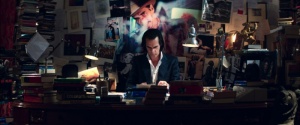 Far more stylish (or filled with visual ideas) than your run-of-the-mill rock doc, Iain Forysth and Jane Pollard’s superior 20,000 Days on Earth (2014; screening Thurs., Nov. 20 at 7:30 p.m. & Sat., Nov. 22 at 8 p.m.), co-written by its subject, Aussie music legend Nick Cave, opens this week’s trio of creditable features at OKCMOA. Providing exceptional insights into the songwriter process and philosophy of the great Cave – at one point he insists that “songwriting is about counterpoint,” at another that his art is dedicated to the retelling and mythologizing of stories from his childhood – 20,000 Days on Earth is the semi-nonfictional, self-mythologizing treatment that the icon’s work deserves (which is saying a great deal). Joining it is the fine The Overnighters (dir. Jesse Moss, 2014; screening Fri., Nov. 21 at 5:30 p.m. & Sun., Nov. 23 at 2 p.m.), a consistently compelling and politically urgent piece of issue-based documentary filmmaking that should have great resonance with the cultural descendants of the Dust Bowl: a Lutheran pastor faces an adversarial local public in his attempts to provide true Christian charity to the broken men who seek a better living on the North Dakota oil fields. Finally, there is Alain Resnais’s (Hiroshima mon amour, Last Year at Marienbad) Je t’aime Je t’aime (1968; screening Fri. Nov. 21 at 8 p.m. and Sat. Nov. 22 at 5:30 p.m.), one of the recently deceased modernist master’s lesser-seen, though no doubt major, explorations of human memory – the key theme to the great director’s art. That Resnais’s beautiful and bold final film, Life of Riley (2014), will be playing at the museum in early December, makes this very rare opportunity to see one of the director’s most distinctive films (on 35mm!) all the more essential.
Far more stylish (or filled with visual ideas) than your run-of-the-mill rock doc, Iain Forysth and Jane Pollard’s superior 20,000 Days on Earth (2014; screening Thurs., Nov. 20 at 7:30 p.m. & Sat., Nov. 22 at 8 p.m.), co-written by its subject, Aussie music legend Nick Cave, opens this week’s trio of creditable features at OKCMOA. Providing exceptional insights into the songwriter process and philosophy of the great Cave – at one point he insists that “songwriting is about counterpoint,” at another that his art is dedicated to the retelling and mythologizing of stories from his childhood – 20,000 Days on Earth is the semi-nonfictional, self-mythologizing treatment that the icon’s work deserves (which is saying a great deal). Joining it is the fine The Overnighters (dir. Jesse Moss, 2014; screening Fri., Nov. 21 at 5:30 p.m. & Sun., Nov. 23 at 2 p.m.), a consistently compelling and politically urgent piece of issue-based documentary filmmaking that should have great resonance with the cultural descendants of the Dust Bowl: a Lutheran pastor faces an adversarial local public in his attempts to provide true Christian charity to the broken men who seek a better living on the North Dakota oil fields. Finally, there is Alain Resnais’s (Hiroshima mon amour, Last Year at Marienbad) Je t’aime Je t’aime (1968; screening Fri. Nov. 21 at 8 p.m. and Sat. Nov. 22 at 5:30 p.m.), one of the recently deceased modernist master’s lesser-seen, though no doubt major, explorations of human memory – the key theme to the great director’s art. That Resnais’s beautiful and bold final film, Life of Riley (2014), will be playing at the museum in early December, makes this very rare opportunity to see one of the director’s most distinctive films (on 35mm!) all the more essential.
